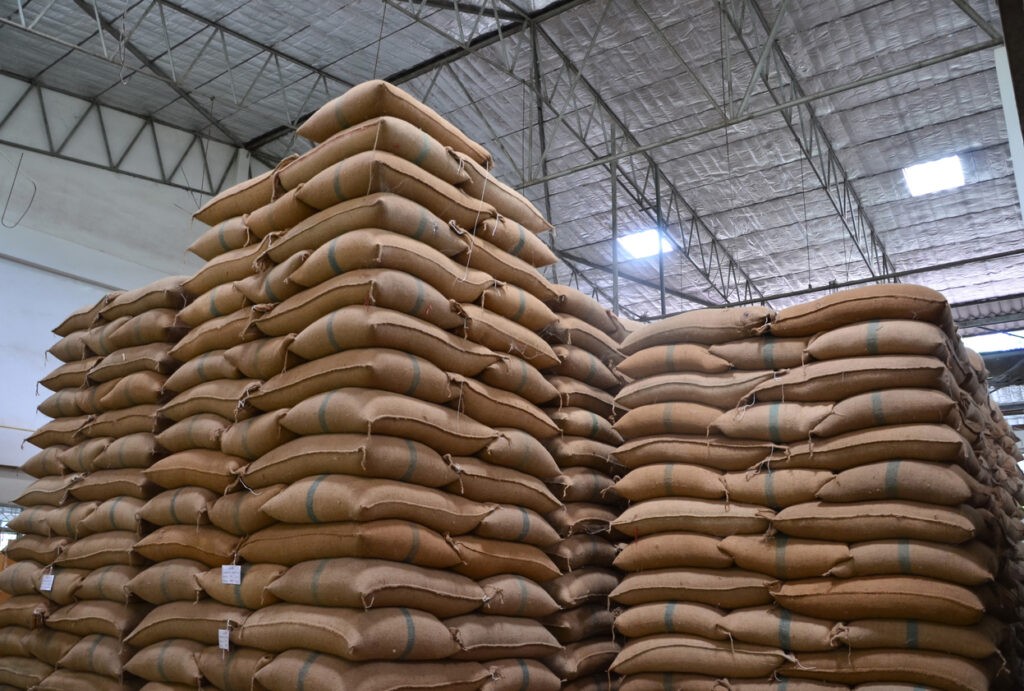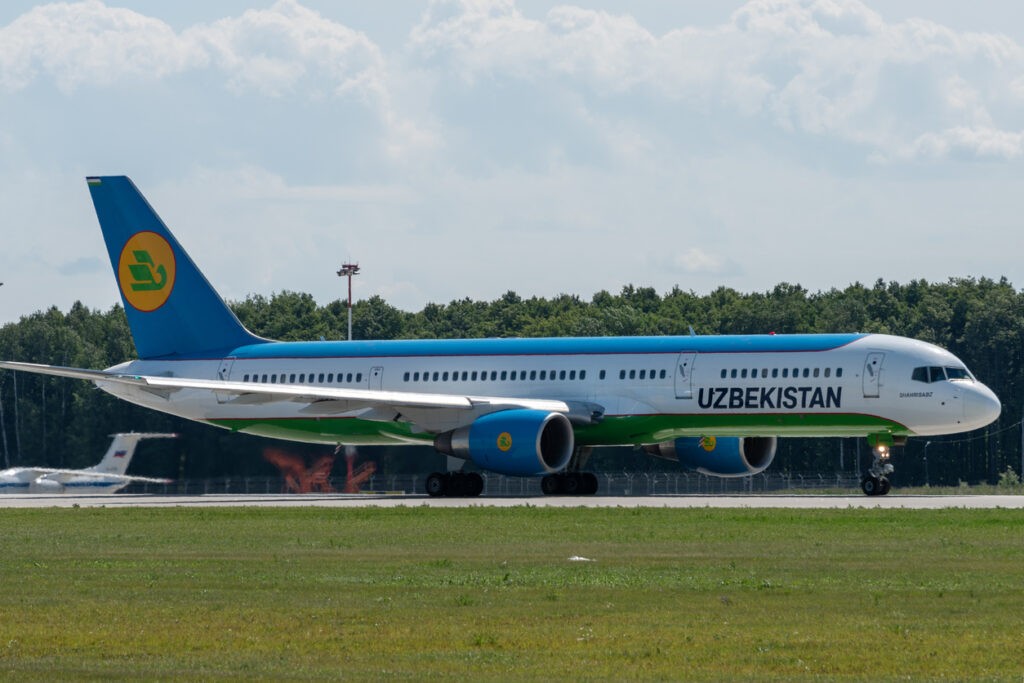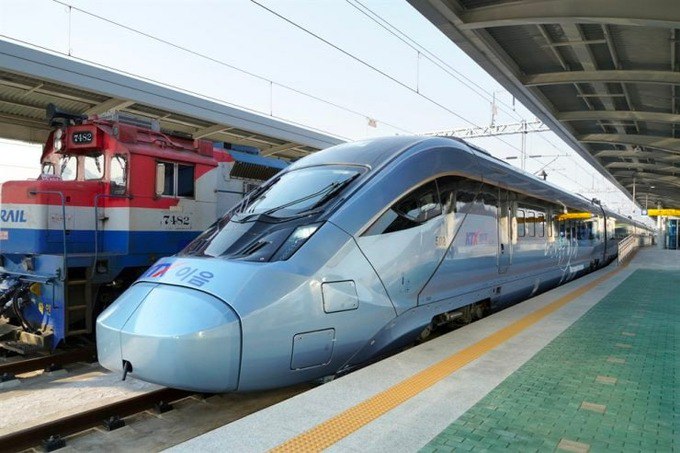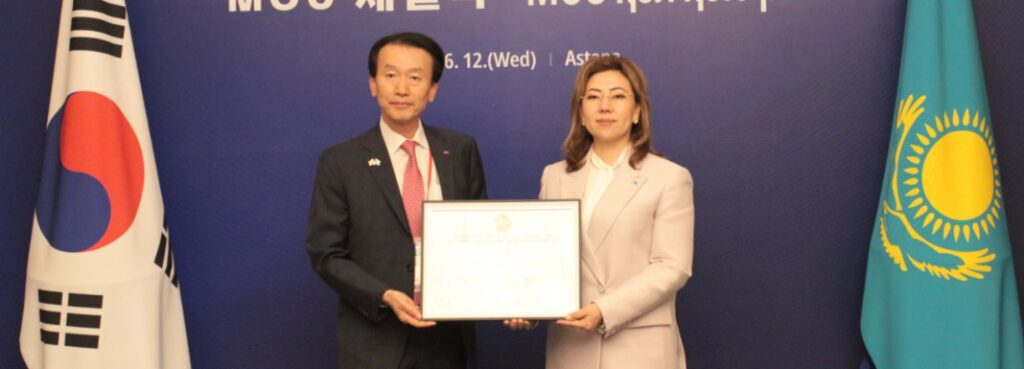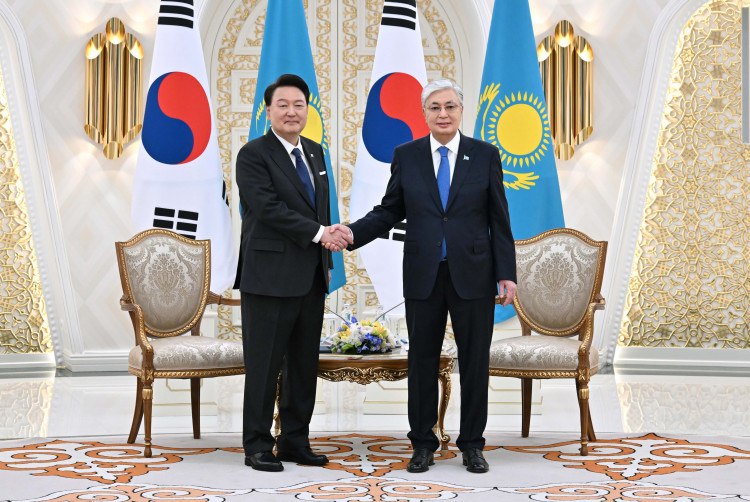South Korea to Help Build Dry Ports in Uzbekistan’s Syrdarya and Jizzakh Regions
The Ministry of Transport of Uzbekistan announced on October 2 that it had signed a Framework Agreement with the Port Investment Department of the Ministry of Oceans and Fisheries of South Korea to jointly develop a feasibility study for the construction of dry ports and terminals in Uzbekistan’s Syrdarya and Jizzakh regions. According to the Uzbek ministry, the project will help improve the country's transport and logistics infrastructure. Creating inland terminals will be an important step towards increasing Uzbekistan's logistics independence and strengthening its role as the main logistics hub in Central Asia. The project is expected to significantly improve the country’s transport infrastructure and attract new investments to the Syrdarya and Jizzakh regions, supporting the goals of the "Development Strategy of New Uzbekistan for 2022-2026." The project is scheduled for completion in September 2025. As one of only two double-landlocked countries in the world (the other being Liechtenstein), Uzbekistan has to ship its exports over long distances through other landlocked countries — Kazakhstan, Kyrgyzstan, Tajikistan, Turkmenistan, and Afghanistan. In recent years, the government of Uzbekistan has made substantial progress in improving existing international transport corridors running through the country and in developing new corridors that will allow Uzbekistan to access the markets of the Eurasian Economic Union and European countries, Iran, Turkey, Afghanistan, Pakistan, India, and China.
